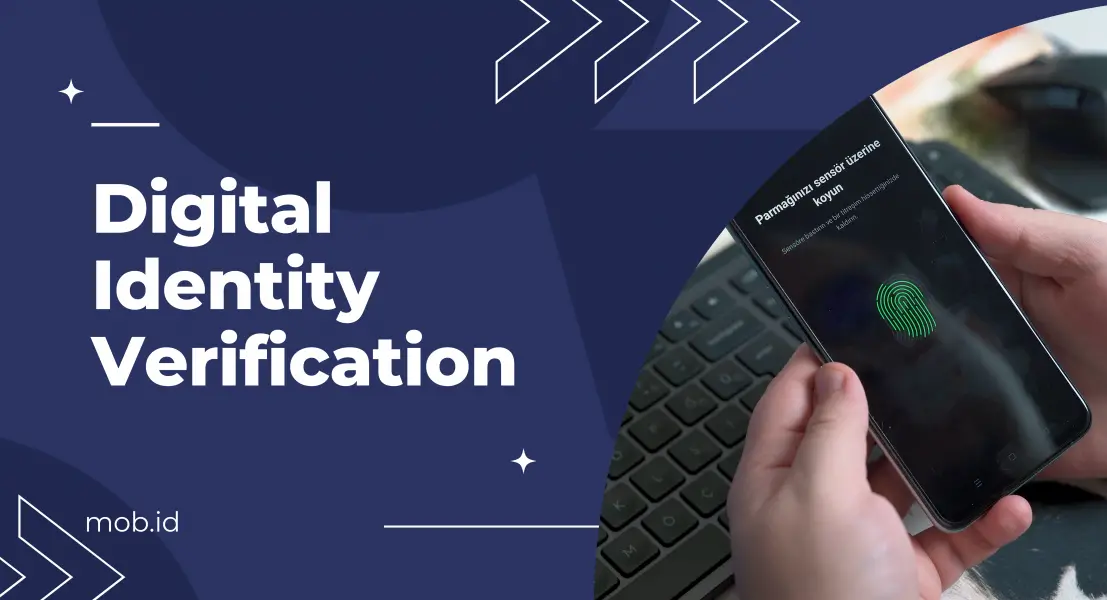The Role of Cryptocurrency in Digital Identity Verification: Opportunities with New Coins

In today’s digital age, verifying one’s identity is crucial for accessing various online services, from financial transactions to healthcare records. Traditional identity verification methods often rely on centralized systems that can be prone to data breaches and fraud. Cryptocurrency, with its inherent security and decentralization, offers new opportunities for digital identity verification, enhancing both security and privacy.

Enhanced Security with Blockchain Technology

Cryptocurrency transactions are recorded on a distributed ledger called a blockchain. This immutable and transparent record ensures that identity information is securely stored and not easily tampered with. Unlike centralized systems, there is no single point of failure, making it highly resistant to hacking and data theft.
Decentralized Identity Management
Cryptography allows individuals to own and control their identity data, eliminating reliance on third-party intermediaries. Self-sovereign identity (SSI) solutions enable users to manage and verify their credentials without the need for central authorities. This decentralized approach empowers individuals with greater privacy and autonomy over their personal information.
New Coin Innovations
The emergence of new cryptocurrencies, including stablecoins and privacy coins, presents further opportunities for digital identity verification. Stablecoins offer a more stable value than traditional cryptocurrencies, enabling identity verification systems to be used for everyday transactions. Privacy coins, such as Monero, provide enhanced anonymity, allowing users to control the disclosure of their personally identifiable information.
Applications in Various Sectors
Cryptocurrency-based digital identity verification has wide-ranging applications across industries. In healthcare, it can streamline patient identity management, ensuring secure access to medical records. In finance, it can prevent identity theft and fraud, fostering trust in online transactions. Additionally, it can improve online voting security and facilitate access to government services.
Conclusion
Cryptocurrency plays a vital role in transforming digital identity verification. Its inherent security, decentralization, and the emergence of new coins offer unprecedented opportunities for enhancing both security and privacy. As the adoption of cryptocurrency continues to grow, its impact on identity verification will only become more profound, making it an essential component of our digital future.## The Role Of Cryptocurrency In Digital Identity Verification: Opportunities With New Coins
Executive Summary
Cryptocurrency is revolutionizing the way we manage and secure our digital identities. By capitalizing on its inherent security, anonymity, and decentralized nature, new cryptocurrencies are emerging as promising solutions for identity verification in a rapidly evolving digital world. This comprehensive article explores the potential opportunities and applications of these innovative currencies in the realm of digital identity verification, highlighting the key benefits, use cases, and challenges associated with their implementation.
Introduction
In today’s technology-driven society, it has become increasingly imperative to ensure the security and authenticity of our digital identities. Cryptocurrencies, with their unique properties, provide a compelling solution to address these concerns. By implementing blockchain technology and advanced cryptographic mechanisms, they offer decentralized, tamper-proof, and privacy-preserving methods for verifying and managing digital identities online.
Subtopics
1. Enhanced Security and Immutability
- Blockchain technology: Provides a secure and immutable ledger to store and manage digital identities, making it highly resistant to hacking and data breaches.
- Cryptographic encryption: Encrypts and secures sensitive identity data, ensuring confidentiality and preventing unauthorized access.
- Decentralization: Eliminates single points of failure and provides resilience against data compromise.
2. Privacy Protection and Anonymity
- Anonymous transactions: Allows users to verify their identities without revealing their personal information, enhancing privacy and security.
- Selective disclosure: Enables individuals to selectively share specific identity attributes without divulging unnecessary or personal information.
- Regulatory compliance: Adheres to stringent data privacy regulations, such as GDPR and CCPA, by protecting user anonymity.
3. Global Accessibility and Interoperability
- Worldwide availability: Cryptocurrencies are accessible globally, making it easy to verify digital identities across borders and jurisdictions.
- Cross-chain compatibility: Supports interoperability between different blockchain networks, allowing for seamless identity verification across multiple platforms.
- Open standards: Facilitates the development of accessible, standardized protocols for digital identity management.
4. Cost Reduction and Efficiency
- Elimination of intermediaries: Reduces verification costs by eliminating the need for third-party intermediaries, such as banks or credit bureaus.
- Automated processes: Simplifies and streamlines the identity verification process, saving time and resources.
- Reduced fraud and identity theft: Enhances reliability and security, leading to significant cost savings due to reduced fraud and identity theft.
5. Emerging Applications and Use Cases
- Government and regulatory services: Facilitates secure and efficient citizen authentication for accessing government services online.
- Healthcare and medical records: Enables secure sharing of medical records, improving patient privacy and reducing the risk of data breaches.
- Financial services: Provides robust and tamper-proof identity verification methods for financial transactions and account management.
Conclusion
Cryptocurrency is transforming the landscape of digital identity verification, offering innovative solutions that enhance security, preserve privacy, reduce costs, and promote accessibility. As new cryptocurrencies continue to emerge, it is crucial to stay informed about the latest developments and explore the vast opportunities they present for managing our digital identities in a safer, more efficient, and user-friendly manner.
Keyword Tags
- Digital Identity Verification
- Cryptocurrency
- Blockchain
- Privacy
- Security
